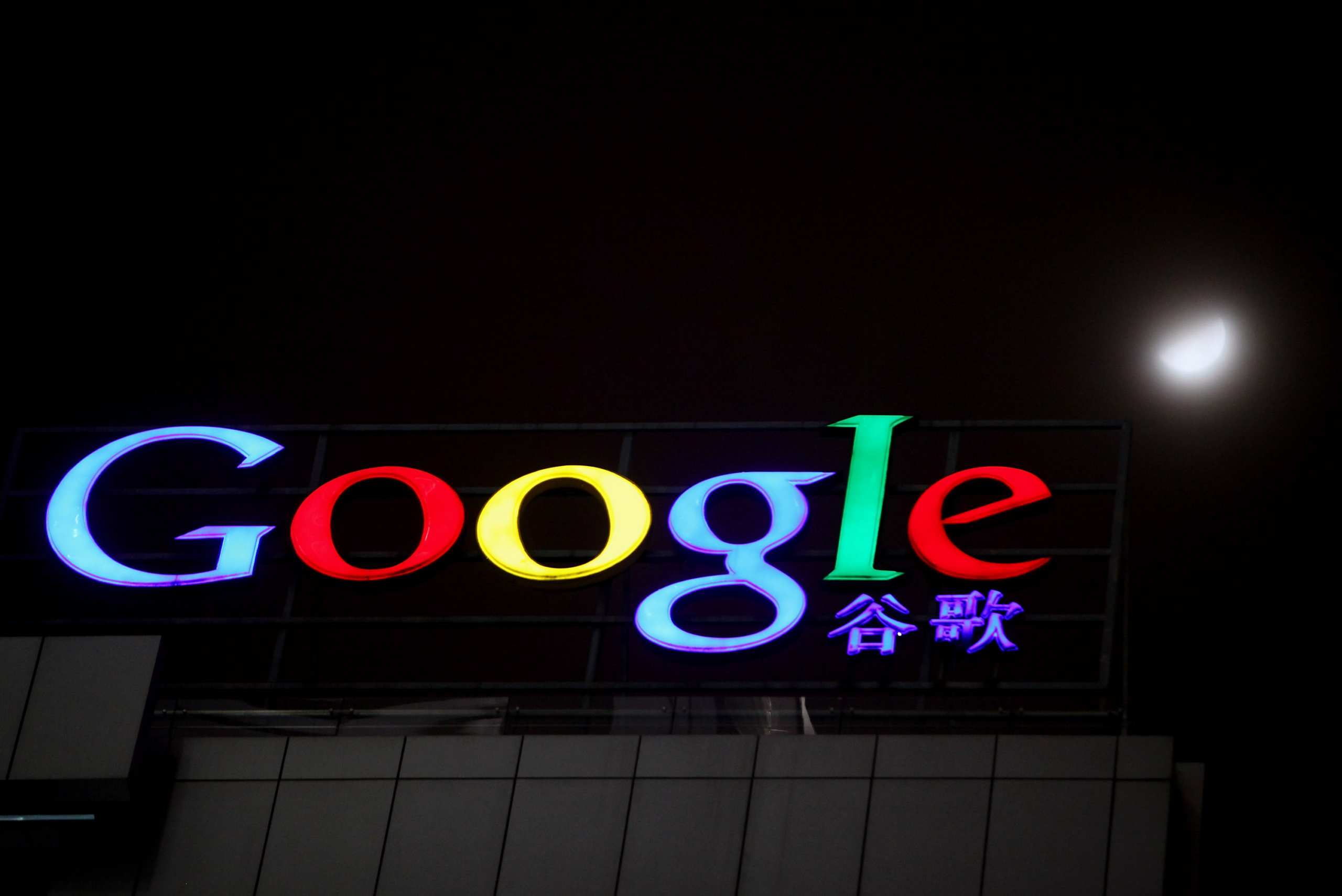Sign up for the daily CJR newsletter.
After almost a decade of giving China the cold shoulder, Google is said to be considering a plan to re-enter the country officially, even if doing so means agreeing to the government’s demands for wholesale censorship of topics such as human rights and democracy. The story was initially reported by The Intercept, but multiple sources have now confirmed Google has been working on a Chinese search app (using the code name Dragonfly) for over a year, as well as a news app. If implemented, both would block sites that don’t comply with the country’s censorship rules, effectively making them part of China’s “Great Firewall.”
The news has caused some consternation in political circles, but also within Google, in much the same way the company’s work for the US Department of Defence did earlier this year. In that case, Google said it would not renew a contract it was working on, but it is less likely to back down in the case of China, since it represents a huge market opportunity (Facebook is also said to have worked on a feature that would allow the Chinese government to censor content on the network). Sources say Google hasn’t made a final decision to go ahead with the plan, but according to The Intercept:
When a person carries out a search, banned websites will be removed from the first page of results, and a disclaimer will be displayed stating that ‘some results may have been removed due to statutory requirements.’ Examples cited in the documents of websites that will be subject to the censorship include those of British news broadcaster BBC and the online encyclopedia Wikipedia.
Moving back into China with a service that implements government censorship would be a significant reversal for Google, which pulled out of the country completely eight years ago. The final straw was a series of hacks aimed at prominent Gmail accounts, but Google’s decision to leave also appeared to be driven in part by concerns about how it was playing into the hands of a totalitarian state by doing business in the country. At the time, co-founder Sergey Brin spoke about how China’s tactics reminded him of the methods used by the government of the former Soviet Union, where he lived as a child.
When Google was still active in the country, the company’s argument was that withdrawing would be worse than continuing to do business with a repressive government, since it would deprive Chinese citizens of a useful service. But that argument is significantly less persuasive now that China’s Baidu has effectively become the local version of Google search, and many other services as well. Now, an attempt to move back into the country would look more like a crass commercial gesture.
Google watchers and others are also concerned that if the company accedes to the Chinese government’s demands, it will make it easier for others to do so, and will also embolden other totalitarian states to ask for their own custom censorship services from Google and other tech giants.
https://twitter.com/mattyglesias/status/1025021272076570624
“Any move by Google to provide government censored search services to China would not only be evil, but also incredibly dangerous,” wrote Lauren Weinstein, a long-time technology commentator who has worked as a consultant for the company. If it goes ahead with the plans, he said, “Google will not only have gone directly and catastrophically against its most fundamental purposes and ideals, but will have set the stage for similar demands for vast Google-enabled mass censorship from other countries around the world.”
ICYMI: Eleven newsletters to subscribe to if you work in media.
Has America ever needed a media defender more than now? Help us by joining CJR today.







